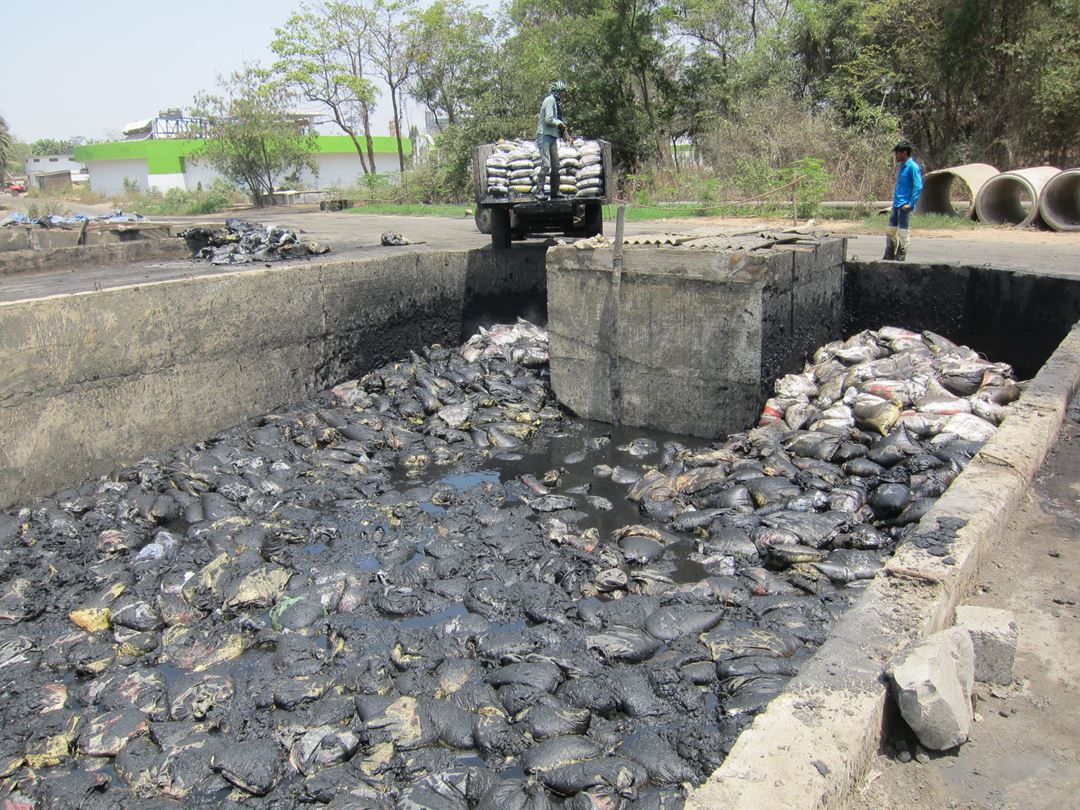OPTOCE aims to demonstrate the feasibility of using public private partnerships to collect plastic wastes from polluted hot-spots, major rivers basins and beach front areas and to energy-recover the wastes in local energy intensive industries.
Non-recyclable plastic wastes will be energy-recovered and substitute coal in local energy intensive industry and recyclable fractions sent to recycling facilities, demonstrating a cost-efficient win-win concept. Lessons learned will be shared through a living regional multinational and multi-stakeholder forum enabling replication across the continent.
OPTOCE aims to involve governments and local authorities, private industries and sector associations, international organisations, academia and NGOs. The regional information dissemination platform aims to raise awareness and build capacity on effective plastic waste management.
The project aims initially to conduct demonstration activities in five Asian countries with variable local pollution and preconditions. These countries have some of the biggest rivers but also significant plastic pollution challenges. Initial partner countries are China, India, Thailand, Vietnam and Myanmar.
Local pilot demonstrations will be designed to collect, sort, segregate and pre-treat plastic wastes from:
- Selected industrial sites, or dumpsites, with large amounts of accumulated plastics, e.g. Gujarat, Mumbai and Tamil Nadu in India, and Mandalay and Yangon in Myanmar.
- Major rivers where floating wastes can be collected at natural collection points and barriers, or upstream dams. Some of the biggest rivers in Asia will be considered initially, i.e. Yangtze, Yellow and Pearl river in China; Ganges in India; Chao Phraya river in Thailand; Mekong and Red river in Vietnam; and Irrawaddy and Yangon river in Myanmar. These rivers drain millions of square km of land with more than 1 billion people living along the streams.
- Beach front littering in the Bay of Thailand and Goa in India.





